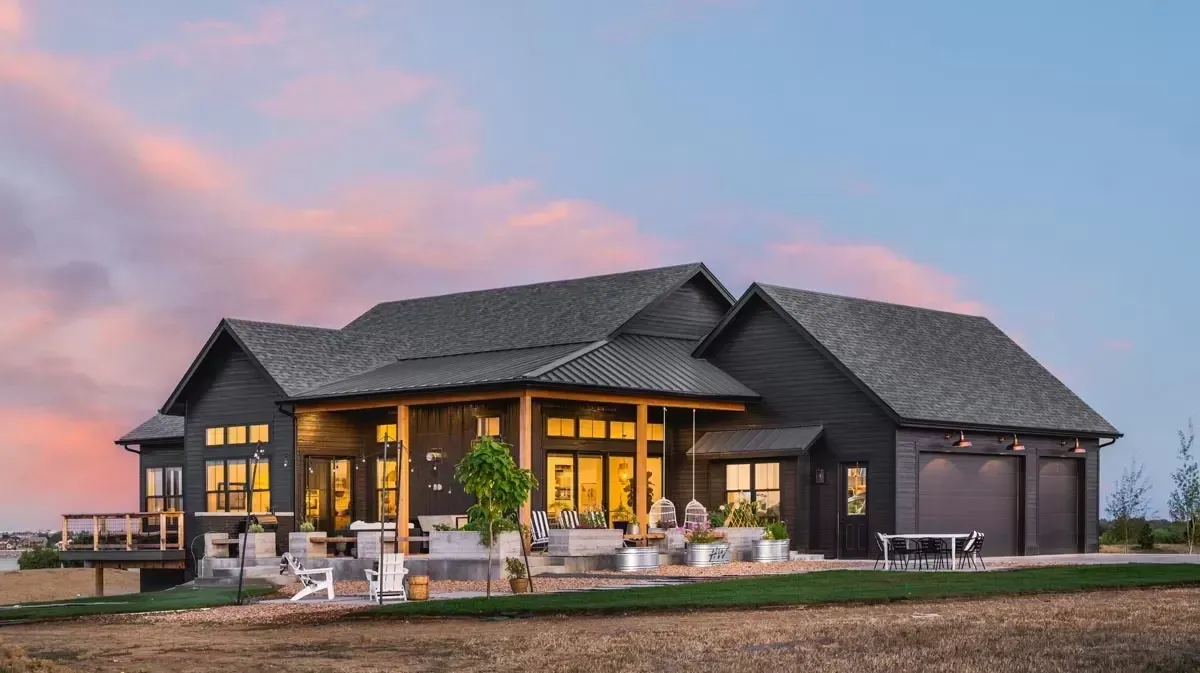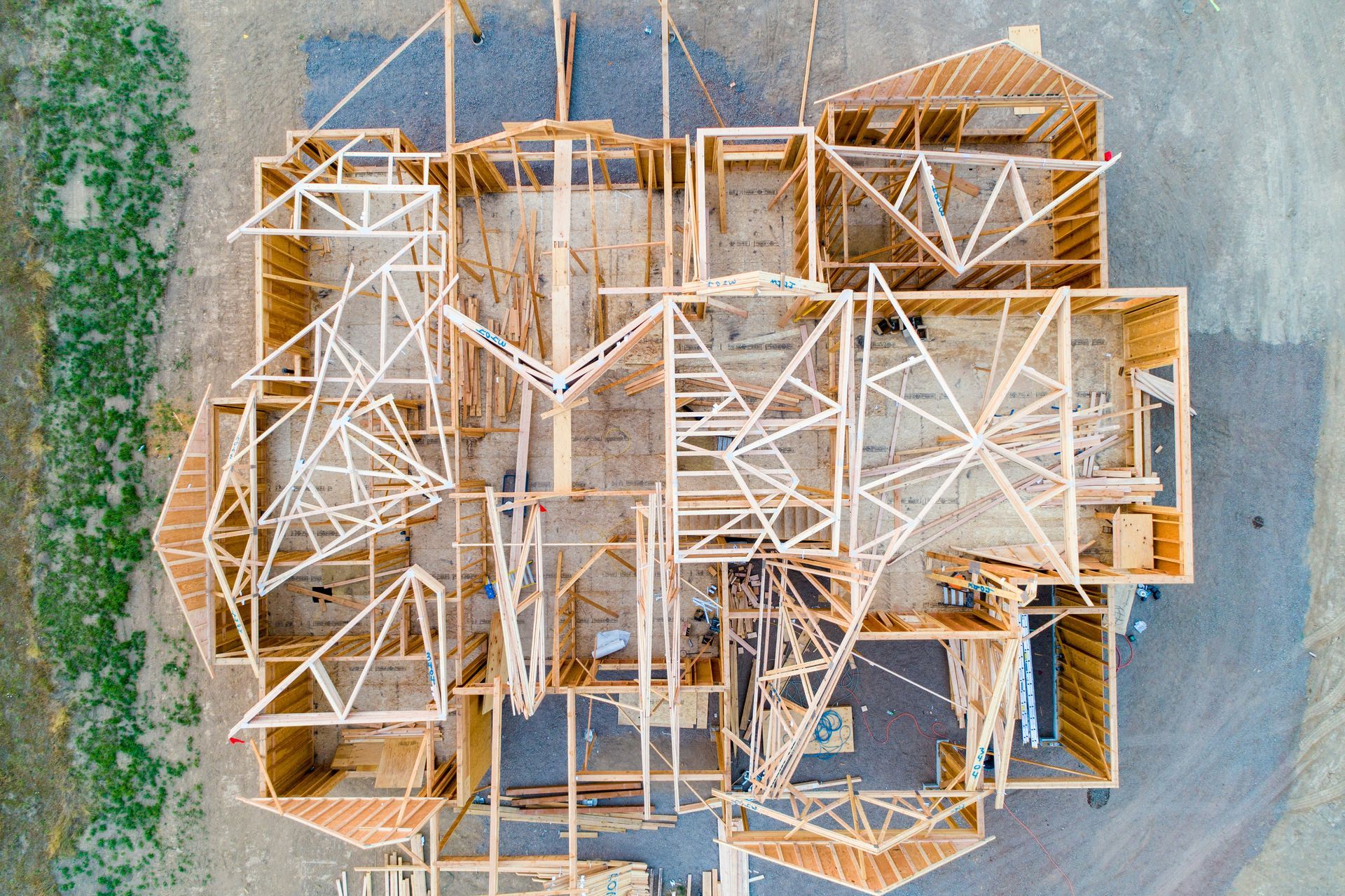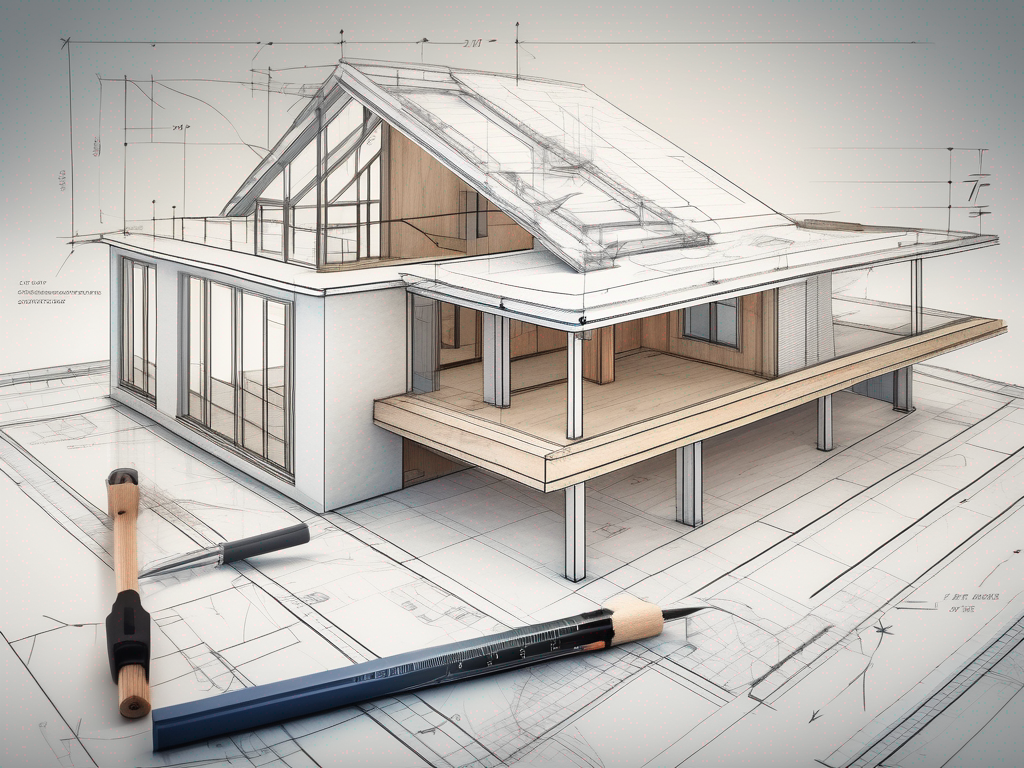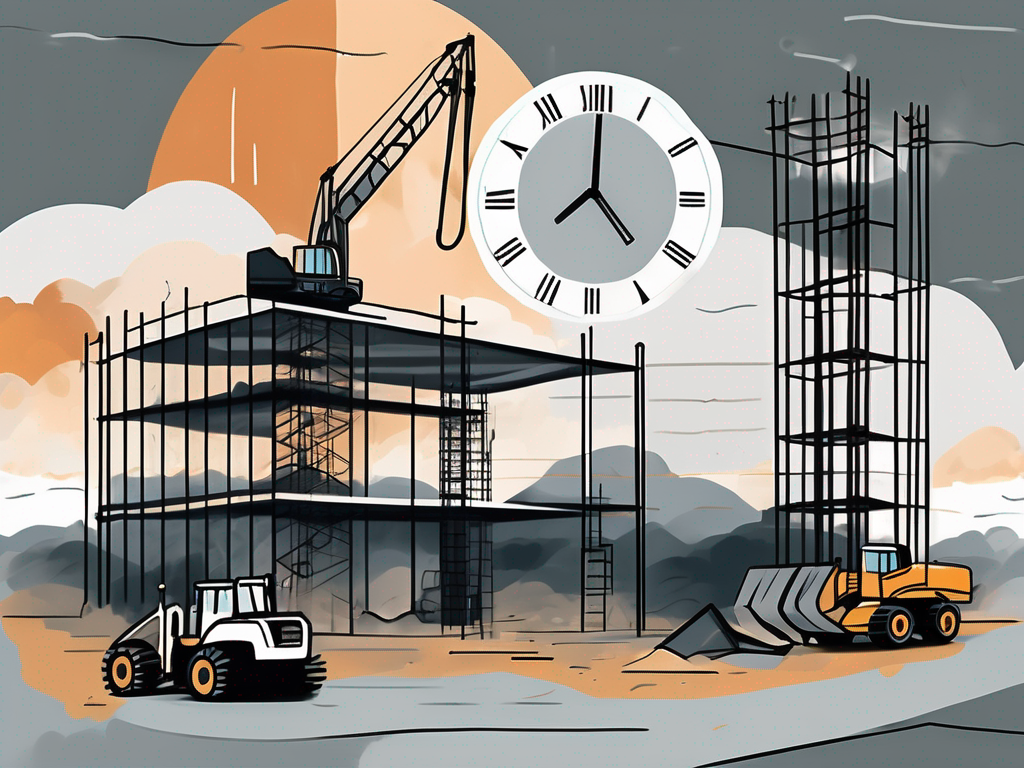Choosing the Right Plot of Land: What You Need to Know
Choosing the Right Plot of Land: What You Need to Know
Choosing the right plot of land is one of the most important decisions you will make when embarking on your home building journey. The right location can enhance your lifestyle, yield investment returns, and ensure the success of your project. This article explores key factors to consider when selecting your ideal plot of land, ensuring you make a well-informed decision that aligns with your needs and goals.
Understanding the Importance of Location
The location of your land significantly impacts various aspects of your life, from daily commuting to future property value. A well-chosen location can mean the difference between a peaceful living environment and a stressful one.
Evaluating the Surrounding Area
When examining the surrounding area of your chosen plot, consider the community dynamics, local culture, and the overall atmosphere. Is it a family-friendly neighborhood, or is it more suited for young professionals? Visit the area at different times to get a feel for the local vibe.
Additionally, pay attention to potential developments in the area. New schools, parks, or commercial centers can enhance your property’s value over time, while the opposite could detract from it. Engaging with local residents can provide insights into the neighborhood's history and future plans, giving you a clearer picture of what to expect as the area evolves.
Proximity to Essential Amenities
Access to essential amenities such as grocery stores, healthcare facilities, schools, and public transport can significantly affect your day-to-day life. Parents, for instance, will want to consider proximity to quality schools, while those who rely on public transport should seek convenient access to transit lines.
Think about your lifestyle. If you enjoy outdoor activities, you may want to be near parks or recreational areas. Evaluate your daily routine and look for locations that will make your life easier. Furthermore, consider the quality of the amenities available. A nearby grocery store that offers organic produce and local goods might be more appealing than a larger chain store that lacks variety. Similarly, the presence of well-rated healthcare facilities can provide peace of mind, especially for families with young children or elderly members.
Another critical aspect to consider is the safety and security of the area. Research crime rates and speak to locals about their experiences. A neighborhood with a strong sense of community often fosters a safer environment, where neighbors look out for one another. This aspect can greatly enhance your living experience, contributing to a sense of belonging and comfort in your new home.
Assessing the Land's Topography
The topography of your chosen land influences not only the construction of your home but also its long-term sustainability and livability. Variations in elevation, soil quality, and vegetation can all impact your investment.

Soil Quality and Composition
Understanding the soil quality and composition is crucial for determining the feasibility of construction and the type of foundations that might be needed. Conducting soil tests will inform you if the land is suitable for building and whether it will support the infrastructure you intend to install.
Soil with high clay content can lead to drainage issues, while sandy soil may require additional support systems. Consulting with experts can help ensure you're making a wise investment. Additionally, the presence of organic matter in the soil can enhance its fertility, making it suitable for gardening or landscaping. This aspect is particularly important if you plan to incorporate green spaces or edible gardens into your property, as the right soil composition can significantly affect plant growth and overall aesthetics.
Drainage and Flooding Risks
Drainage patterns and flooding risks are critical factors to examine when purchasing land. Look into local history regarding heavy rains and floods. If possible, check flood zone maps to see whether your intended plot falls within a risk area.
Consider how natural water flows across the land, as well. A site that collects water can lead to significant challenges. You may need to invest in infrastructure to mitigate flooding risks, which should be factored into your budget. Furthermore, understanding the surrounding landscape can provide insights into potential water runoff issues. For instance, if your property is situated downhill from a larger area of land, it may be more susceptible to runoff during heavy rains. Implementing proper landscaping techniques, such as swales or rain gardens, can help manage excess water and enhance the overall resilience of your property against flooding, while also contributing to the local ecosystem.
Legal Considerations When Buying Land
The legal landscape surrounding property purchases can be intricate. Understanding your legal obligations and the potential restrictions on your land is vital in ensuring a smooth purchase and future developments.

Zoning Laws and Restrictions
Before making a purchase, research local zoning laws which dictate how land can be used. Restrictions might limit residential developments, commercial enterprises, or even the height and type of buildings that can be constructed. Knowing these factors can help you avoid costly mistakes.
Inquire with local authorities or land use planners to get clarity on any specific requirements and to ensure your plans align with local regulations. Additionally, consider the potential for zoning changes in the future. Local governments may revise zoning laws to accommodate growth or community needs, which could impact your property’s value or usability. Staying informed about proposed changes can help you make strategic decisions regarding your investment.
Property Boundaries and Disputes
Confirming the exact boundaries of the plot is essential to avoid neighbor disputes or encroachments that can develop into legal battles. Boundary surveys, when done by qualified professionals, can provide peace of mind and help you understand your property limits.
Understanding any easements or shared land agreements is also important for future planning. These legal nuances can deeply influence what you can do with your land. For instance, if an easement exists that grants a neighbor access to a portion of your property, it may limit your ability to develop that area. Furthermore, it’s wise to investigate any historical disputes related to the land, as unresolved issues can resurface and complicate your ownership. Engaging with a real estate attorney who specializes in land purchases can provide invaluable insights and help navigate these complexities effectively.
Financial Aspects to Consider
Your financial situation will heavily influence your choice of land, including the cost of land and potential future expenses related to construction.
Cost of Land and Potential Resale Value
When comparing different plots, assess the cost of land in relation to the neighborhood’s current market values and future trends. Work with a real estate expert who understands local market dynamics to evaluate potential resale value.
Keep in mind that land is not just a cost; it is an investment. Make sure to choose a location that has both demand and growth potential. Factors such as proximity to schools, shopping centers, and public transportation can significantly enhance a property's appeal. Additionally, consider the zoning regulations and any planned developments in the area, as these can impact both the current value and the future desirability of the land.
Budgeting for Construction and Development
Having a clear financial plan can mean the difference between a successful build and budget overruns. Include costs for utilities, necessary land improvements, and unexpected expenses in your budget.
Engaging with builders like TurnKey Homes can offer invaluable advice on estimates and effective financial planning for your construction project. It's also wise to set aside a contingency fund, typically around 10-20% of your total budget, to cover any unforeseen circumstances that may arise during the construction process. This could include delays due to weather, changes in material costs, or adjustments needed to comply with local building codes. By planning for these potential hiccups, you can ensure that your project remains on track and within budget, allowing for a smoother transition from land acquisition to the completion of your dream home.
Environmental Impact and Sustainability
In today’s eco-conscious world, considering the environmental impact of your land is crucial. Sustainable practices can lead to not only a happier existence but also reduced costs in the long run.
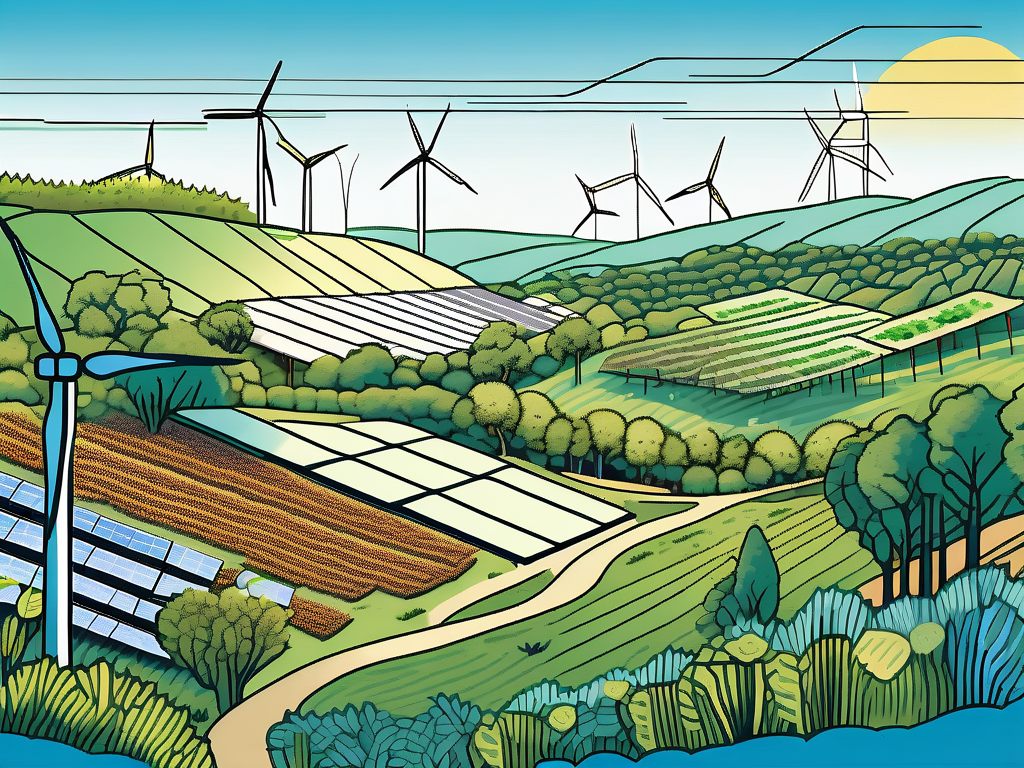
Presence of Protected Species or Habitats
Before proceeding with your purchase, check if your land is home to any protected species or critical habitats. If so, you might be limited in the types of development permitted on your land.
It's advisable to engage environmental consultants who can conduct assessments and guide you through local regulations regarding wildlife preservation.
Potential for Renewable Energy Sources
Assess the potential for renewable energy sources such as solar, wind, or geothermal systems. Land on a south-facing slope, for example, may be ideal for solar panels, while an open area with consistent winds may offer opportunities for wind turbines.
Integrating renewable energy can significantly reduce your long-term living costs and add to the sustainability of your property.
Article Summary
- The right plot of land enhances lifestyle and investment potential.
- Consider the importance of location, amenities, and community dynamics.
- Evaluate the land's topography, including soil quality and flooding risks.
- Understand legal aspects including zoning laws, property boundaries, and potential disputes.
- Assess financial components such as land cost, resale potential, and construction budgeting.
- Consider the environmental impact, including protected habitats and renewable energy opportunities.
Choosing the right plot of land for your home is a multifaceted decision that requires careful consideration of various factors. Engaging experts like TurnKey Homes can provide you with the insight needed to navigate this crucial step, ensuring that your future home is built on a solid foundation—both literally and figuratively.
Let’s talk about your project
Fill out the form, or call us to set up a meeting at
We will get back to you as soon as possible.
Please try again later.

